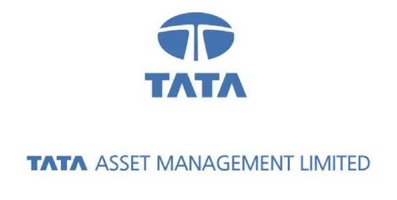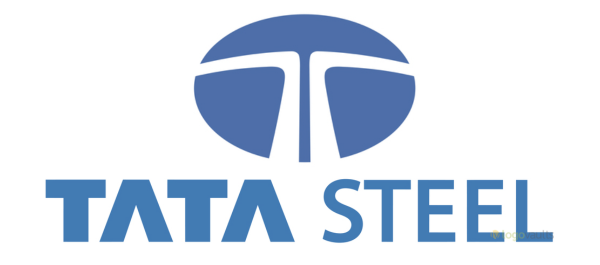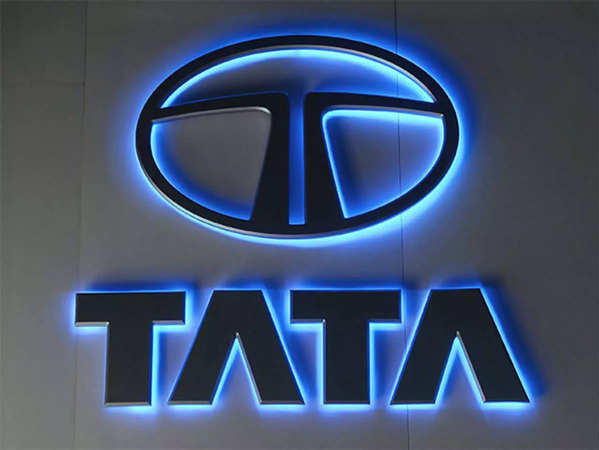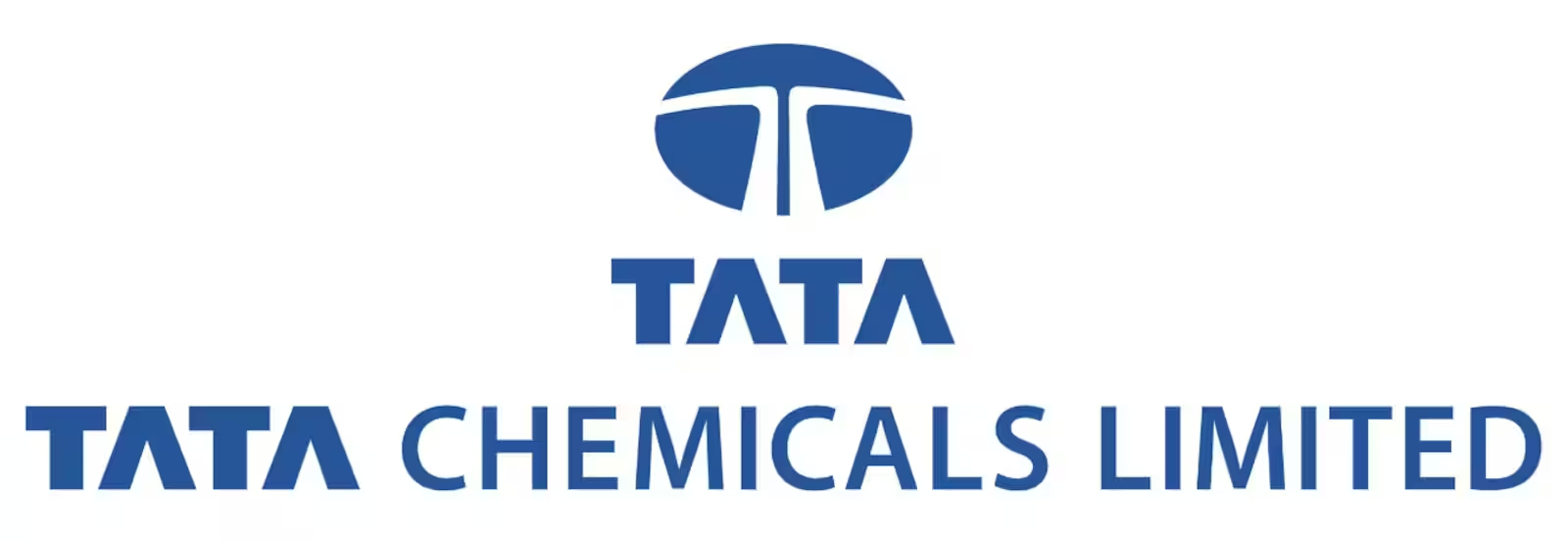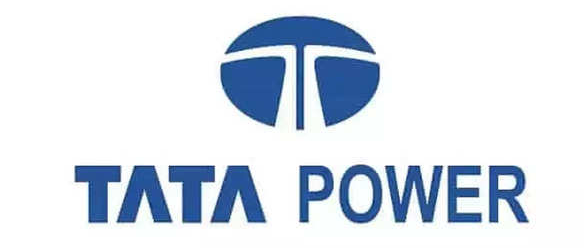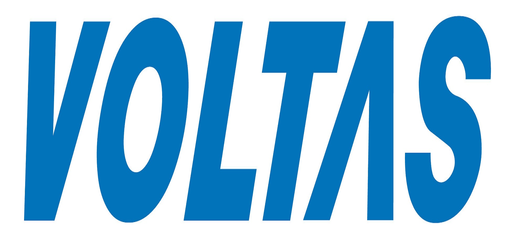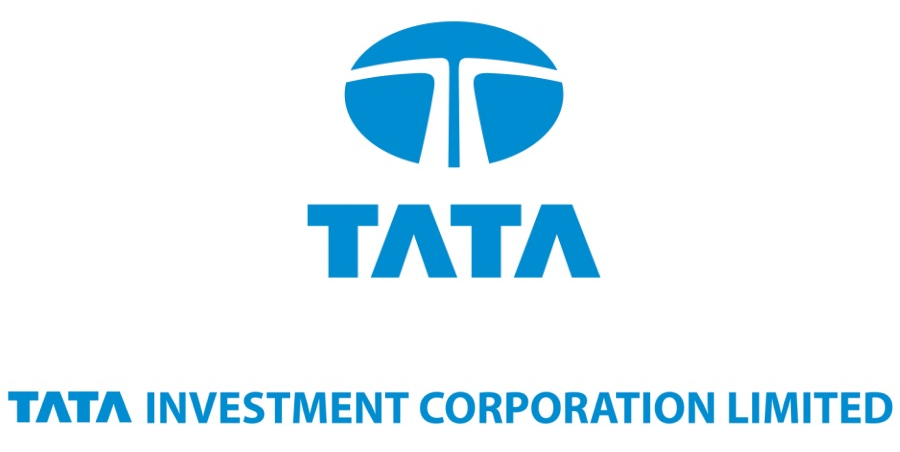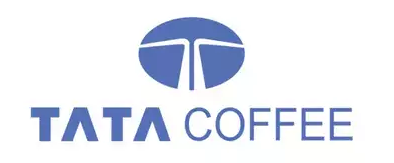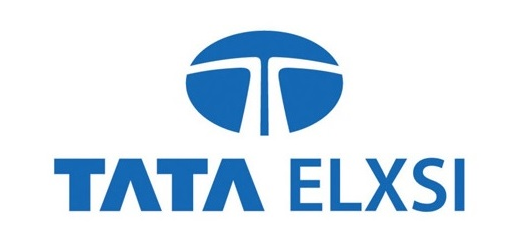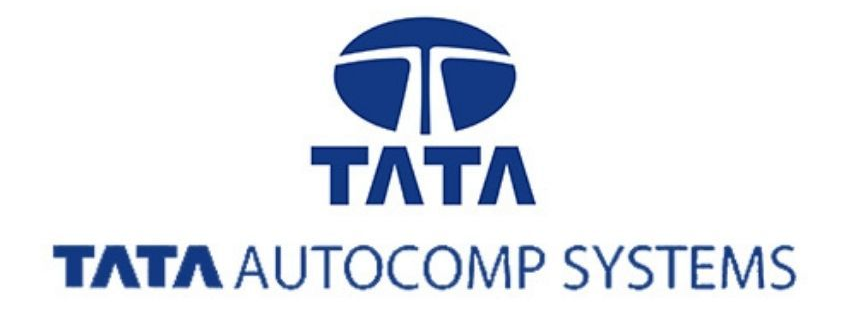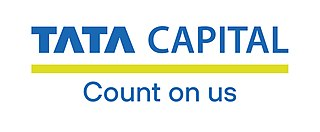Ratan Naval Tata born on December 28, 1937, Ratan Naval Tata is an Indian entrepreneur, philanthropist, and the former chairman of Tata Sons. He served as the Tata Group's chairman from 1990 to 2012, then from October 2016 to February 2017, he served as acting chairman. He is still in charge of its philanthropic trusts. After being awarded the Padma Bhushan, the third-highest civilian honor, in 2000, he was bestowed with the Padma Vibhushan, the second-highest civilian honor in India, in 2008.
He is the son of Naval Tata, who was taken in by Ratanji Tata, the founder of the Tata Group and the son of Jamsetji Tata. He received a bachelor's degree in architecture from Cornell University College of Architecture. In 1961, he began working at Tata Steel, where he was employed on the shop floor. Later, once J. R. D. Tata retired from Tata Sons in 1991, he took over as chairman. In an effort to transform Tata from a mostly India-focused corporation into a worldwide enterprise, the Tata corporation purchased Tetley, Jaguar Land Rover, and Corus during his leadership. Tata contributes between 60 and 65 percent of his earnings to charitable causes, making him one of the world's greatest philanthropists.
Ratan Tata is also a prolific investor and has made numerous investments in several startups.Tata has invested in over 30 start-ups till date, most from his personal capacity and some via his investment company.
Early Age
On December 28, 1937, Ratan Tata was born in Bombay, which is now Mumbai, under the British Raj.He is the son of Naval Tata, who was adopted into the Tata family after being born in Surat, and Sooni Tata, who is the niece of Jamsetji Tata, the founder of the Tata group. Hormusji Tata, Tata's biological grandpa, was a blood relative of the Tata family. When Tata was ten years old in 1948, his parents divorced, and he was taken in and reared by his grandmother, Navajbai Tata, who was also Ratanji Tata's widow. Raised by Simone Tata, the second wife of Naval Tata, he has a half-brother named Noel Tata and a younger brother named Jimmy Tata.
He completed his eighth grade education at the Campion School in Mumbai. Following that, he attended the Bishop Cotton School in Shimla, the Cathedral and John Connon School in Mumbai, and the Riverdale Country School in New York City, from which he graduated in 1955. Tata studied in Cornell University following his high school graduation, where he earned a bachelor's degree in architecture in 1959. Tata became the biggest foreign contributor in Cornell's history in 2008 when he gave the institution a $50 million donation.
Career
Tata received a promotion to manager within the Tata group in the 1970s. His early success came from turning around the National Radio and Electronics division, but amid a recession, the company failed.He was named J. R. D. Tata's successor after he resigned from his position as chairman of Tata Sons in 1991. At first, Tata encountered strong opposition from the leaders of several subsidiaries, who had considerable operational autonomy during the older Tata's leadership. Tata responded by enacting many rules aimed at consolidating control. These policies included setting a retirement age, mandating that subsidiaries report directly to the group headquarters, and asking subsidiaries to use their profits to further the Tata group brand. Tata gave innovation top priority and gave younger employees a lot of responsibility.
Sales increased by almost 40 times and profits by over 50 times during the 21 years that Tata presided over the Tata Group. Sales were mostly made up of commodities when he took over the firm, but by the time he left, brands accounted for the bulk of sales. He oversaw the acquisitions of Tetley by Tata Tea, Jaguar Land Rover by Tata Motors, and Corus by Tata Steel. Through these purchases, Tata was repositioned as a global enterprise with over 65% of revenue derived from operations and sales outside of India. Previously, the company was primarily focused on India.
Along with conceptualizing and leading the development of the Tata Nano, he also helped bring automobiles within the budget of the typical Indian customer. Since then, Tata Motors has begun producing Tigor Electric Vehicles at its Sanand Plant in Gujarat. The company has referred to this as "fast-forwarding India's electric dream."
Jamsetji Tata has given USD 102.4 billion (Rs 829734 crore), making him the world's greatest philanthropist.


